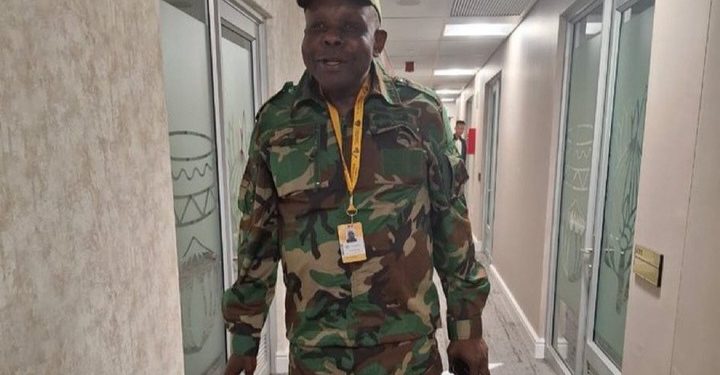Former South African president Jacob Zuma remains a polarizing figure, sparking debate over his unconventional rise to power and leadership style. Despite possessing only a Standard 2 (Grade 4) level of formal education, Zuma consistently demonstrated political acumen and strategic savvy that confounded his more academically accomplished adversaries, including individuals with advanced degrees.
Jacob Zuma with mere standard 2 reduced a person with PHD into a clown. pic.twitter.com/vWtHHxQMNh
— Sir Cabonena Alfred (@Lebona_cabonena) December 8, 2024
Zuma’s ascent within the African National Congress (ANC) and his presidency underscore his ability to navigate complex political environments. Relying on charm, grassroots appeal, and an intricate understanding of ANC structures, he effectively built alliances and consolidated power. While lacking formal qualifications, Zuma leveraged emotional intelligence, charisma, and an uncanny ability to read and influence people to his advantage.
Critics often expressed frustration with Zuma’s ability to outplay his opponents, coining terms like “political clowns” to describe those who underestimated him. His legal maneuvers during corruption trials, coupled with his strategic use of delays and public messaging, frequently left his well-educated challengers scrambling to counter him.
Zuma’s story highlights the limits of formal education in defining effective leadership. While academic qualifications equip leaders with essential tools, Zuma’s tenure illustrates how success often relies on cultural insight, adaptability, and a deep connection with one’s constituency.
However, his legacy remains divisive. Detractors argue that his strategic cunning and leadership style caused significant harm to South Africa’s governance and economy. Conversely, supporters hail him as a champion of ordinary people who outsmarted the political elite.
Zuma’s ability to outmaneuver those with superior academic credentials serves as a reminder that power and influence are shaped by more than just formal education. His story reflects the enduring complexity of leadership and the dynamics of political survival.






















